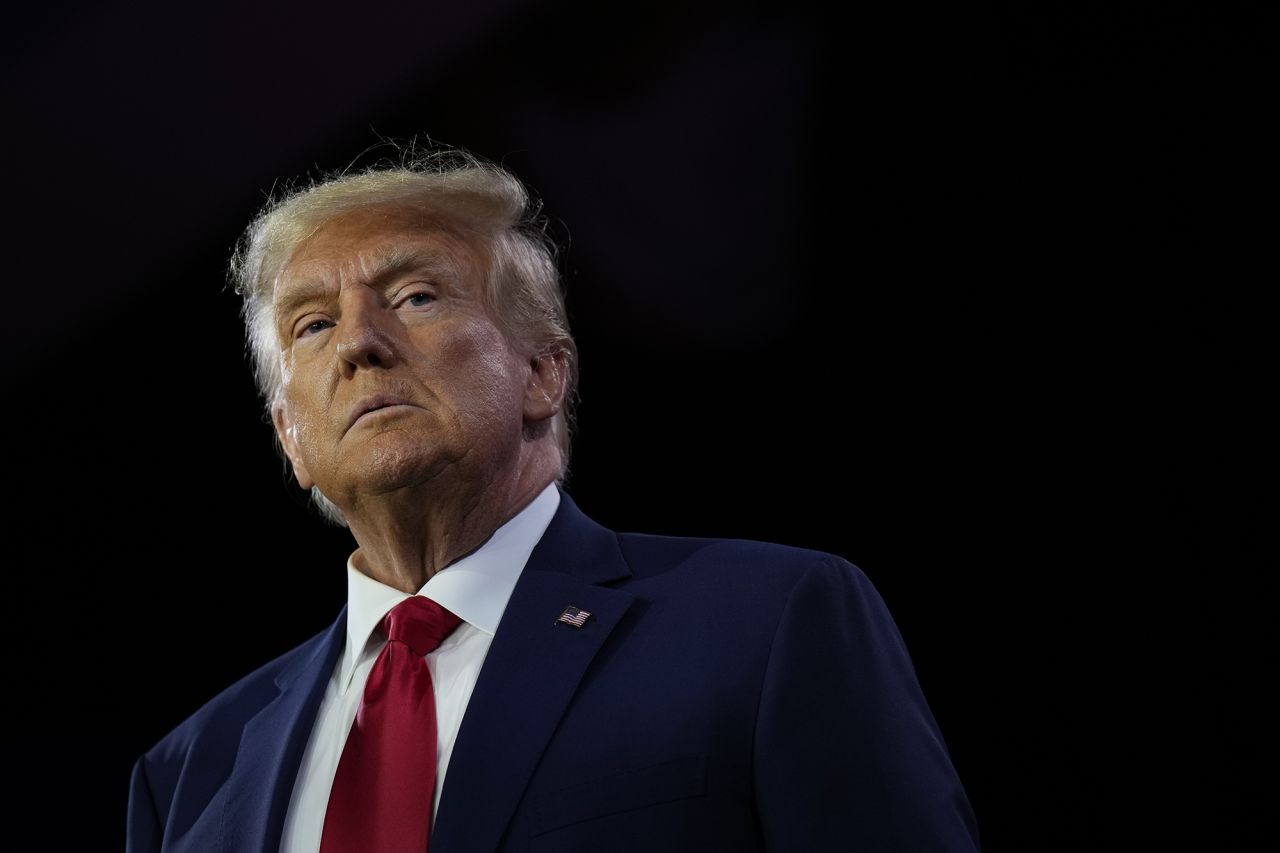The Supreme Court"s recent ruling has thrown a grenade into the very foundation of American citizenship. In a decisive 6-3 vote, the court has stripped lower courts of their power to issue nationwide injunctions, a move that will empower Trump to further his agenda against birthright citizenship without significant judicial checks. This ruling is not just a legal maneuver; it is an assault on the Fourteenth Amendment, which has historically guaranteed citizenship to all born on U.S. soil.
Supreme Court"s Decision Erodes Judicial Power
In a decision penned by Justice Amy Coney Barrett, the court ruled that federal courts likely lack the authority to impose universal injunctions. This ruling effectively removes a crucial tool that courts have used to challenge unconstitutional executive actions. Barrett was joined by Chief Justice John Roberts and Justices Clarence Thomas, Samuel Alito, Neil Gorsuch, and Brett Kavanaugh. The dissenting justices—Sonia Sotomayor, Elena Kagan, and Ketanji Brown Jackson—were vocal about the dangers of this ruling.
Trump"s Executive Order Faces Legal Challenges
Trump"s executive order, issued on January 20, seeks to deny automatic citizenship to children born in the U.S. to undocumented immigrants and those with temporary status. This order was already facing multiple legal challenges across the country, with federal district courts in Massachusetts, Maryland, and Washington issuing nationwide injunctions to prevent its enforcement. However, this Supreme Court ruling dismantles the ability of lower courts to intervene, granting Trump a dangerous tool to roll back civil liberties nationwide.
\n\n
Supreme Court Justice Barrett describes coming home with ...
Implications for Immigrant Families
The ruling has far-reaching implications for immigrant families across the United States. According to reports, children born to undocumented immigrants in certain states may now face uncertainty regarding their citizenship status, creating a ripple effect of fear and anxiety. The Fourteenth Amendment"s guarantee of citizenship, which has stood for over a century, is now at risk, as families could be torn apart by a policy that seeks to redefine who is considered American.
Judicial Complicity in Trump"s Agenda
Justice Sotomayor"s dissent highlights a troubling reality: the Supreme Court is complicit in this “solemn mockery” of the Constitution. She stated, “With the stroke of a pen, the President has made a ‘solemn mockery’ of our Constitution.” This ruling is not merely about legal interpretations; it is a profound betrayal of the principles of justice and equality that America professes to uphold. The dissenting justices warned that this decision opens the door for unchecked executive power, allowing Trump to wield authority that the Founders sought to limit.
\n\n
January 18, 2023 Latest on probe into Trump and 2020 election aftermath ...
What Comes Next for Birthright Citizenship?
The path forward for those defending birthright citizenship is increasingly precarious. With the Supreme Court sidelining its role as a check on executive power, advocates for immigrant rights must now mobilize at the grassroots level. The fight for citizenship is not just a legal battle; it is a moral imperative that speaks to the core of what it means to be American.
As reported by The New York Times, the ruling could lead to a patchwork of citizenship across states, where children born to undocumented parents might be citizens in some locations but not in others. This chaos undermines the very essence of American identity and creates a two-tier system of citizenship.
The implications of this ruling extend beyond legal frameworks; they resonate in the lives of real people who now face an uncertain future. Immigrant families are left grappling with the knowledge that their very existence could be challenged by an executive order backed by a Supreme Court that has opted for complicity over justice.

![[Video] Federal officers deploy sting balls and flash grenades at Whipple Building](/_next/image?url=%2Fapi%2Fimage%2Fthumbnails%2Fthumbnail-1768340555229-vhfcc-thumbnail.jpg&w=3840&q=75)
![[Video] Crowd-control weapons used in Minneapolis as anti-ICE protesters attack police vehicle](/_next/image?url=%2Fapi%2Fimage%2Fthumbnails%2Fthumbnail-1768336302231-akxf7s-thumbnail.jpg&w=3840&q=75)

![[Video] Protests erupt in Minneapolis after ICE detains teenager, multiple arrests made](/_next/image?url=%2Fapi%2Fimage%2Fthumbnails%2Fthumbnail-1768331835371-z9ylqg-thumbnail.jpg&w=3840&q=75)


![[Video] Gunfire between Iraqi security forces and Sadr militias in Baghdad](/_next/image?url=%2Fapi%2Fimage%2Fthumbnails%2Fthumbnail-1768343508874-4redb-thumbnail.jpg&w=3840&q=75)
